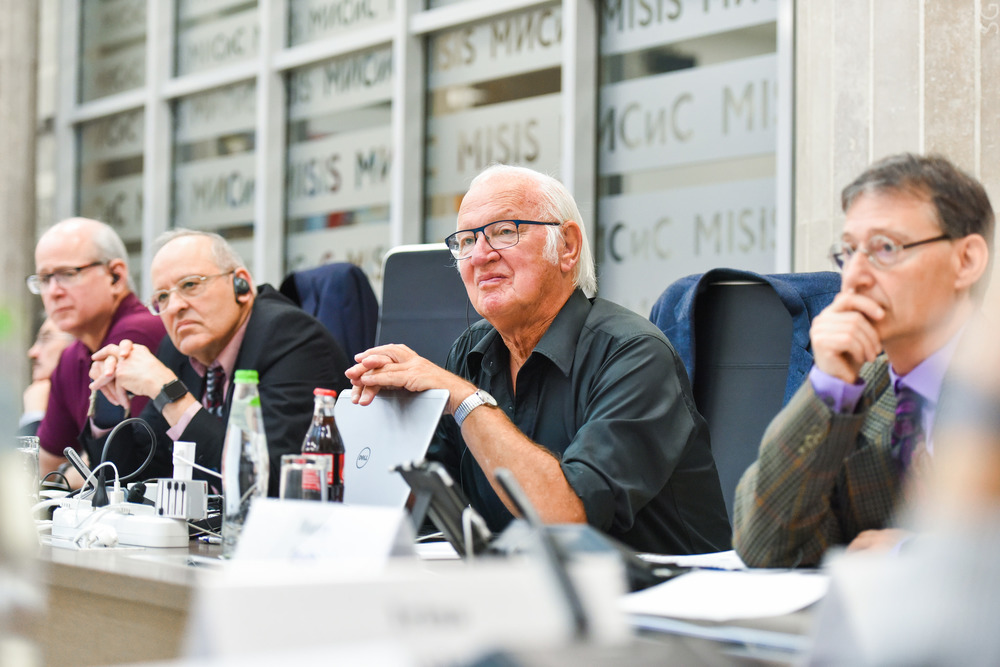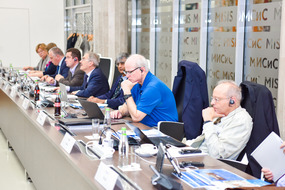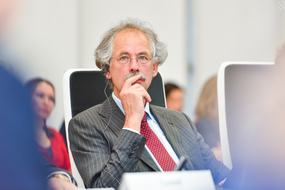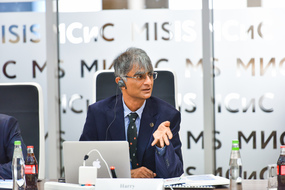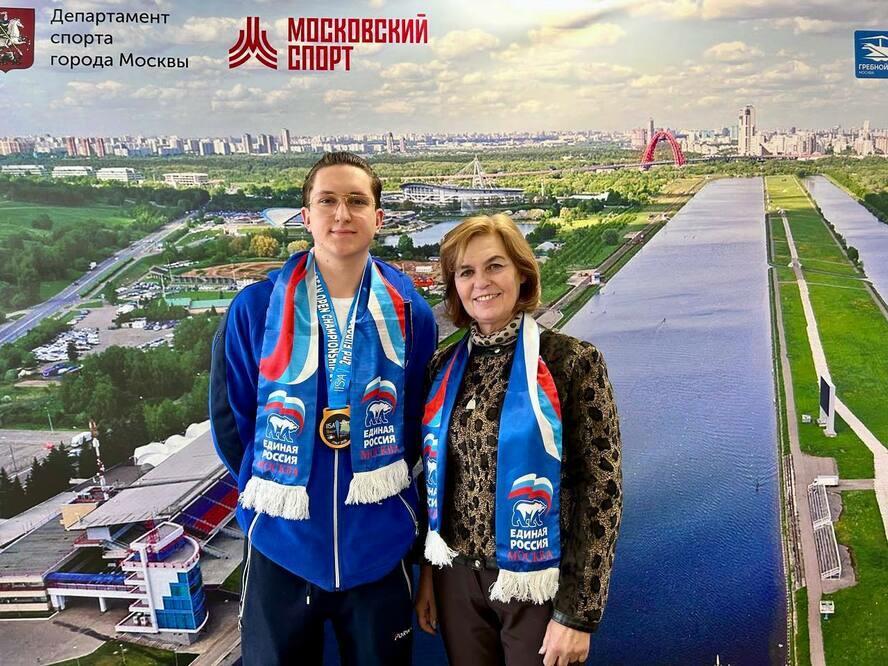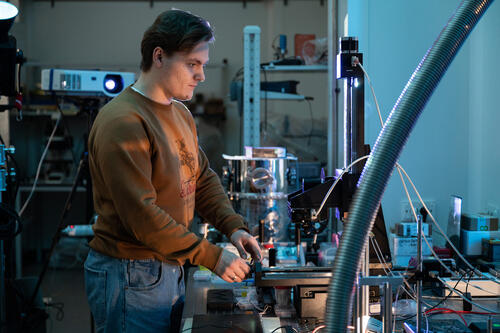From October 16th to 19th, 2018, NUST MISIS hosted the 10th annual meeting of the NUST MISIS International Scientific Advisory Council (ISAC), which includes leading scientists from 8 countries representing prestigious universities like Cambridge, Stanford, Technion, and the University of Iowa, among others. Questions on how to improve existing academic programs and develop new programs were the main topics of this year’s meeting.
Multiple directors of NUST MISIS colleges presented strategies to further develop existing Bachelor`s, Master`s and PhD programs, as well as their plans for the creation of new educational directions. The ISAC members reviewed the development plans of NUST MISIS`s colleges, gave their expert assessment on the content of the new educational programs, and shared their personal experiences of how they helped transform the educational process in their own universities.
Additionally, the ISAC members gave recommendations for the development of the University`s advanced laboratories, held a series of open lectures and round table discussions on current achievements in their scientific fields, and met with NUST MISIS students in an informal setting. As several ISAC members noted, the enthusiasm of NUST MISIS’s students is one of the University’s strengths.
“Since the start of the
5-100 Program, NUST MISIS has completed a whole Bachelor’s degree program and a whole Master’s degree program, and produced students that now contribute to the Russian economy and to the science by doing PhD projects. So, I think the big achievement is the enthusiasm of the students at NUST MISIS. They are very eager to learn and also to interact with the staff of the University. And this is an extremely important part of a university — dealing with human beings”, said Professor Harry Bhadeshia from the University of Cambridge.
In addition to the plans for the development of academic programs, NUST MISIS showed the ISAC members the results of its advanced laboratories` activities and plans for the development of new labs, including the National Center of Technological Initiative for Quantum Communications and the Big Data Research Center.
“What you see in recent years is clearly more and more work, done in NUST MISIS, led by NUST MISIS. That’s very important, that captures the attention”, noted Professor Joseph Shinar from the Iowa State University.
